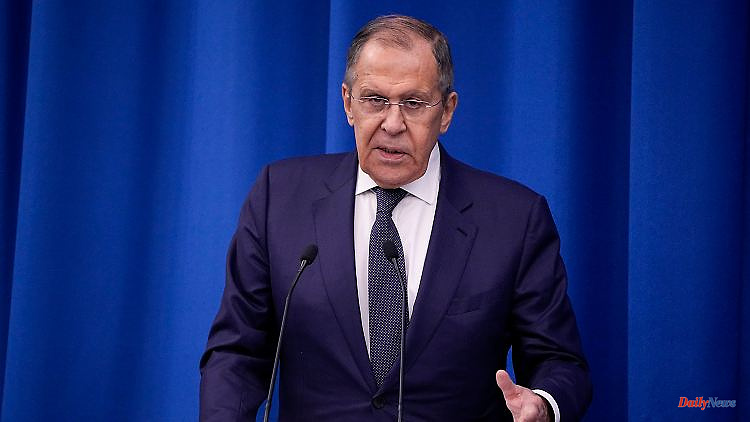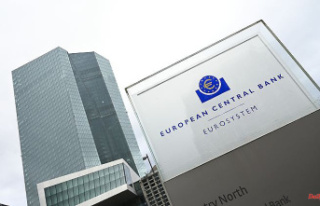The small Republic of Moldova has long feared being targeted by Moscow. Now Russia's Foreign Minister Lavrov has spoken out and described the country as another Western project. The country's president is "ready for practically anything".
According to Russian Foreign Minister Sergey Lavrov, the Republic of Moldova could become a new "anti-Russian project" in the West after Ukraine. As he explained on Russian television, this is mainly due to specific methods at the top of the country that have little to do with free democracy. In addition, President Maia Sandu is interested in joining NATO, "and in general she is ready for practically anything".
Moldova, which borders Ukraine, has long feared that it might also be targeted by Russia or that the war could spread. In January, President Sandu therefore asked allied states for military support. "We asked about air surveillance and defense systems," she said on the sidelines of the World Economic Forum in Davos. She understands that Ukraine is a priority. But she hopes that her country will also receive some support. So far, Russian efforts to destabilize their country have failed.
Last September, the Kremlin threatened the republic with military action should the security of Russian troops in the Republic of Transnistria, which had split off from Moldova, be threatened. "Any threat to the security of Russian troops would be considered an attack on Russia under international law," Lavrov said, referring to the troops stationed in Transnistria, some 1,200 soldiers. In a violent conflict, the region broke away from Moldova in the early 1990s - but is not recognized internationally. Moscow sees its soldiers in Transnistria as "peacekeepers".
Moldova, along with Ukraine, received EU candidate status last year. President Sandu is trying to bring about reforms, but the opposition has excellent contacts in Russia. "Now there is a movement in power that is clearly pro-Western, but also knows what dependencies and dilemmas the country is in," said political scientist Hannes Meissner at the end of November in the ntv podcast "Wieder was learned" about the difficult one state of government.












